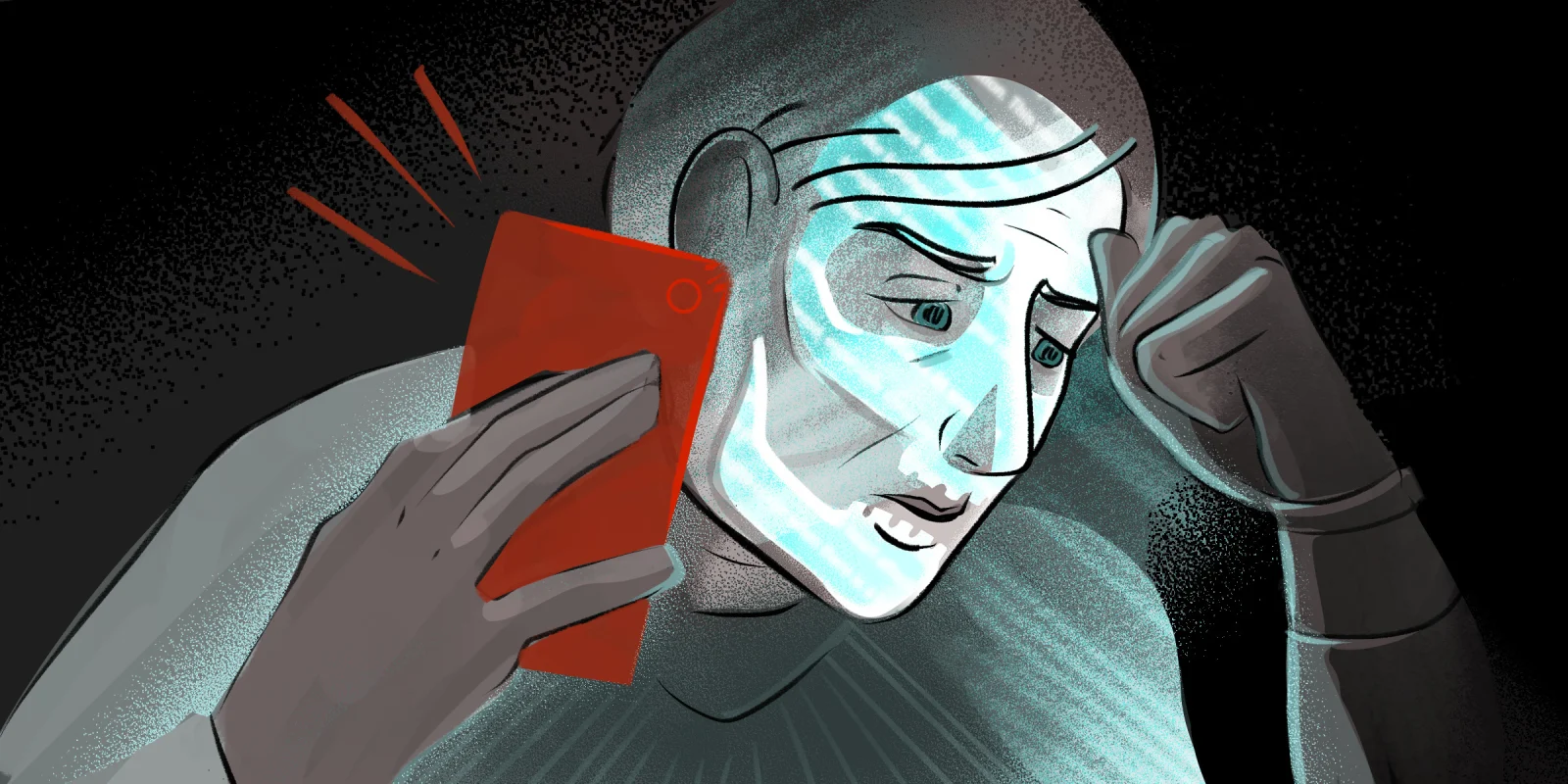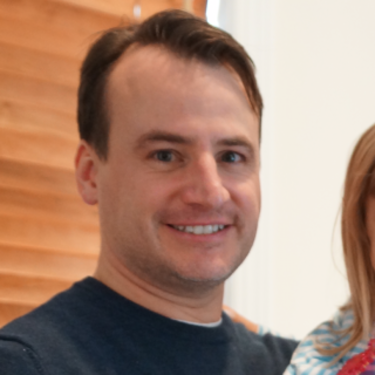Friday was typical, with an accumulation of unread messages piling up throughout the day. Most of these were simple requests for appointments, medication refills, or changes in pharmacy. However, there was a message from an Officer Daniels, which I opened as I got ready to leave the office. Many times, these messages are simply for security clearances, or background checks, which can be dealt with on the next business day. This message simply read, “Officer Daniels here. Please call me.”
I quickly called the number, and Officer Daniels picked up. “Are you familiar with Zach Greene?” The name was striking a chord, but I couldn’t quite place him. A quick search through the records showed that I had indeed seen him about a month prior and had followed him for the past six months. Fairly straightforward presentation, he had struggled a bit with focus, and depression, but reported favorable results with the medications we’d tried, and was supposed to follow up in 90 days.
“He took his life two nights ago, and I wanted to ask you some questions.”
I felt like I had suddenly been dropped into deep water as my vision blurred, sounds became muffled, and air seemed far off. “I’m sorry, did you say he took his own life?” Indeed, he had, and this interview was the first of many inquiries the officer had to investigate. The questions were straightforward after that: Was he compliant with treatment? Had he made any mention of suicidal thoughts, anything that we discussed that was concerning? Zach hadn’t — quite the opposite. He had reported measured improvement, no side effects with medication, and never displayed any warning signs.
Suicide is the most unfortunate and tragic outcome in psychiatry. Depression is insidious, tempering all aspects of a patient’s life, and can be quite difficult to manage. We go through medications, therapy, support systems consisting of exercise and sleep scheduling, and still get no guarantee of improvement. We also like to believe that we can identify warning signs of worsening depression and turn the tables on suicidal thoughts in patients.
But suicidal ideation can and will surprise us.
Zach was a freshman in college and had a girlfriend that he’d been seeing for a few months. He was tall, handsome, soft-spoken, and highly intelligent. His depressive symptoms and anxiety seemed on the milder side, and he never reported any concerning symptoms of worsening mood. As a young adult, he attended our meetings on his own, and ultimately decided on any medication changes, or adjustments that we discussed, which were minimal. I had adjusted his medication initially, then switched to an alternative when the first choice wasn’t effective. Since that time, perhaps four months, Zach had reported that he was doing well, school was challenging but “amazing,” and he was involved in the rowing team. He was settled in.
One day, Zach came home from classes and practice, and overdosed on Tylenol. He was found the next day by his girlfriend, after she contacted his roommate because Zach hadn’t shown up to plans they’d made. She then went to the dorm’s resident assistant who opened the door to his shared suite, where he was found.
These were the details as I understood them, as certain details were kept private while the investigation ensued.
Working in the field of psychiatry, we are given glimpses into the most private and personal details of our patients' lives. However, that view is tempered by what details they trust to share with us, and that information is not unbiased. Patients may put on a brave front because they don’t want to disappoint us, or don’t want their independence compromised by an inpatient stay. They carry the stigma of being “mentally ill,” often hiding their diagnoses from friends and family. Sometimes their worsening symptoms are missed by all, including us, their guide and caregiver.
We may treat the mask that is presented to us, with varying degrees of success. There have been patients that claim things are “fine, just fine.” But when their spouse or parent joins the appointments, we learn the patient hasn’t been taking meds consistently, or at all. Why did they continue to come to appointments? Did they not trust our care, or were they worried about disappointing us? Is this a response to our relationship, or their underlying diagnosis? All are considerations when we try to provide treatment plans to help our patients.
So, what was my role here? When does the relationship I had with Zach end, or begin? Is it the first appointment, when patients are not always fully transparent with their symptoms and concerns? Or when we develop a certain level of trust, when the “work” really begins? Does this relationship end when they achieve stability, or remission of their chief complaints? How about when they fail to follow up per recommendation, and then contact the office with worsening symptoms? It’s the gray areas that are hard to digest.
What about when a patient ends their life? We as clinicians will often feel a sense of loss, and frustration that we failed them. But did we? If we treat to the best of our ability, knowledge, and compassion, did we, in fact, fail? We feel like the unwelcome outsider at the fringe of the funeral procession, unable to voice our sorrow, or resolve this tragedy. We feel helpless, the direct opposite emotion to what drives us to our daily best.
With Zach, his suicide deeply affected me. I saw a lot of myself in him, or hoped that I had been that confident, that intelligent, and that open when I was his age. Or was that Zach’s mask, one that he showed the world to give what was expected, rather than display the deeper despair he must have felt? Too many times I have heard that a patient had so much going for them, was loved so much. Too many times I have heard from friends and family that they felt they had nothing to worry about, and never suspected their loved one needed help.
It's been a few years now, and I think of Zach often. I have had other patients pass away in the past, even other patients who passed as a result of their own hand, and they all stay with me. In some ways, however, Zach was different, and struck a deeper chord. I don’t just think of what he missed, and what his family wishes he found in life, but I also think about what we, the world, likely missed out on as well.
We don’t go looking for silver linings in our day-to-day experiences; rather, we seek them out when something goes wrong. We must try and gain something, a lesson or shift in perspective from those poor outcomes, or we will have only lost, not gained. We build on each of those silver linings, weaving them into the thread of our existence to try and make it better for each of our patients, as we slowly, carefully move forward.
What patient have you lost that you still remember?
Chris van Eyck, DMSc, PA-C, MSHS is a psychiatric physician associate working in psychiatry in Northern Virginia. He is a 2023–2024 Doximity Op-Med Fellow. All names and identifying information have been modified to protect patient privacy.
Illustration by April Brust







